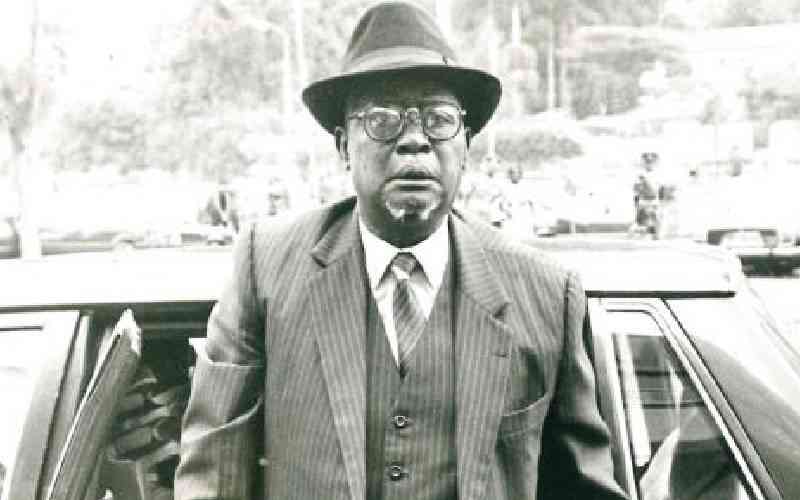×
The Standard e-Paper
Stay Informed, Even Offline

The second round of independent Kenya's constitutional talks began on Valentine's Day of 1962 at the Long Gallery, Lancaster House.
For five weeks, the two opposing sides, Kanu as majority and Kadu as minority, had debated endlessly on their opposing forms of government, with Colonial Secretary Reginald Maulding acting as the grand inquisitor.